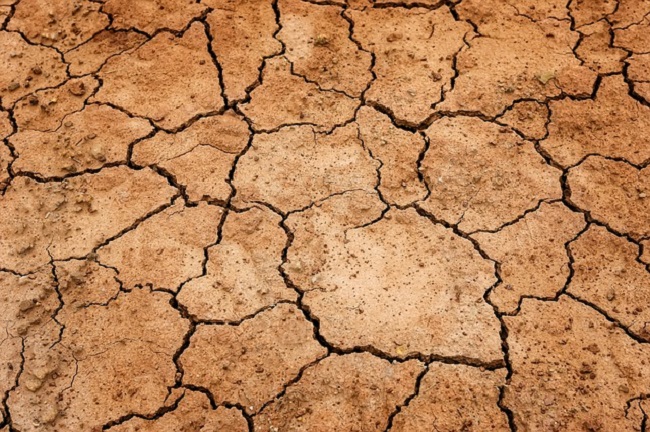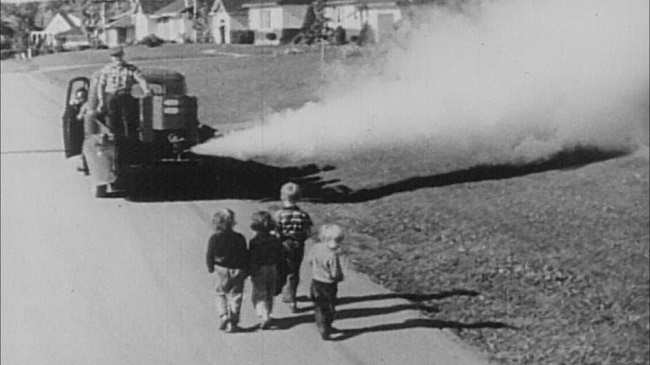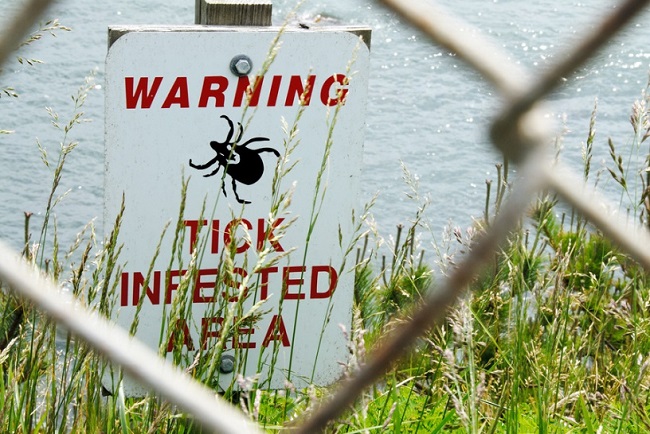“The earth is badly floxed.”
I’m not sure if the person who wrote that meant it literally or figuratively, but, I agree – both literally and figuratively – the earth is badly floxed. (“Floxed” is short-hand for suffering from fluoroquinolone toxicity – an adverse reaction to cipro/ciprofloxacin, levaquin/levofloxacin, avelox/moxifloxacin or any of the other fluoroquinolone antibiotics. Fluoroquinolone toxicity manifests as a multi-symptom, often chronic, disease.)
Fluoroquinolone residues are everywhere. They are ubiquitous in meat, water, milk, honey, soil, etc. Fluoroquinolone residues get into our water through human and animal waste. The drugs are excreted through the urine and feces of those who take them, and the drug residues get into our water supply. Animal waste (manure) containing fluoroquinolone residues are also used as fertilizers. “Large quantities of fluoroquinolone carboxylic acid (FQCA) derivatives are applied as antibacterial agents in large-scale animal husbandry. Important quantities are transported to agricultural areas by means of liquid manure.” (source) Fluoroquinolone molecules are spread throughout our soil, and get into our food, both through the use of that contaminated feces as fertilizer, and through livestock excreting onto the ground.
Fluoroquinolones not only hurt the animals (including humans) that they are directly administered to – causing multi-symptom illness that includes destruction of tendons, cartilage, muscles, nerves, etc., they also harm the soil that they end up in – the earth.
Soil is rich with biodiversity. There are many strains of bacteria, viruses and fungi in soil. Some of these bacteria, viruses and fungi are dangerous to animals, but most are not. Most are helpful to all forms of life. The soil microbiome is as important to soil (earth) as the human microbiome is to humans. The microbiome within each human contains ten times the number of cells of the human himself/herself. A healthy human microbiome is necessary for immune system health, mental health, digestive system functionality, etc. Our bacteria, both the good and the bad, are part of us and they work symbiotically with us. Without the bacteria in our microbiome, we would die.
The importance of the soil microbiome for various ecosystem services such as nutrient cycling, soil fertility, degradation of pollutants, and plant growth promotion is well recognized. However, antibiotics introduced into agricultural fields via manure might alter the ability of soil microbes to fulfill crucial ecosystem services, changing the diversity and activity of key functional groups by enhancing antibiotic resistant populations while decreasing the abundance of sensitive populations in soils. (source)
Introducing powerful, man-made, antibiotics to the soil can have hugely deleterious effects on the soil. Somewhat counter intuitively, when soil is exposed to antibiotics, the dangerous pathogens within the soil adapt and propagate while the “good” bacteria that keep them in check are killed – filling the soil with the stronger, pathogenic bacteria and eliminating the helpful bacteria. A study published in PLOS One entitled “Dynamics of Soil Bacterial Communities in Response to Repeated Application of Manure Containing Sulfadiazine” notes that, “The amendment of soil with SDZ (antibiotic filled) manure resulted in a significantly increased relative abundance of numerous Gram-negative and Gram-positive taxa such as Devosia, Shinella, Stenotrophomonas, Clostridium, Peptostreptococcus, Leifsonia, Gemmatimonas, suggesting that the presence of SDZ provided a selective advantage for these taxa.” SDZ, sulfadiazine, a sulfa antibiotic, is the antibiotic used in the experiment. It is not a fluoroquinolone antibiotic. A similar experiment has not yet been done regarding the effects of fluoroquinolones on soil. The 2014 study notes that, “The present study is the first to explore the influence of veterinary antibiotics entering soil via manure on the diversity and abundance of Acidobacteria.” However, it should be noted that fluoroquinolones are used frequently in animal husbandry.
In an article about “Dynamics of Soil Bacterial Communities in Response to Repeated Application of Manure Containing Sulfadiazine” it was noted that:
After repeated application of manure contaminated with antibiotics, we found a decrease in the bacteria that are important for good soil quality. This means a loss of soil fertility and thus in the long run a decline in crop yields,’ said Professor Michael Schloter, head of Research Unit Environmental Genomics at Helmholtz Zentrum München. ‘Moreover, the number of microbes living in the soil that are harmful to humans increased’ under the experimental conditions of the study. (source)
Soil naturally has a balanced microbiome. Diverse bacteria and fungi within soil performs many valuable functions. Some of the bacteria, viruses and fungi in soil can be pathogenic when they get out of hand. Bacteria and fungi with natural antibiotic qualities typically keep these dangerous bacteria, fungi and viruses in check. For example, penicillin is a fungi that is naturally found in soil. Penicillin kills bacteria, but it doesn’t decimate the entire soil microbiome. It eliminates some of the pathogenic bacteria, but not all of the bacteria. However, when man-made antibiotics, some of which disrupt the process of DNA replication and reproduction for the bacteria and mitochondria that they come in contact with – as is the case for fluoroquinolones, saturate soil, the balance of “good” and “bad” bacteria is disturbed, and (potentially) harmful bacteria propagate while the good bacteria that keep them in check are killed.
The earth is badly contaminated with antibiotics being excreted from livestock. The microbiome of the soil has been disturbed because of the rampant, foolish use of antibiotics in livestock.
Though fluoroquinolones are not the most commonly used antibiotics in agriculture, they are used. And as bacteria become more resistant to commonly used antibiotics, more powerful antibiotics, like fluoroquinolones, are likely to increase in popularity. The earth is already floxed, with fluoroquinolone residues found in meat, water, milk, honey, soil, etc. The microbiome of the earth is being disturbed by fluoroquinolone, and other, antibiotics.
The “scorched earth” policy of killing all bacteria with antibiotics is foolish and short sighted. The goal should be a balanced microbiome, with “good” bacteria keeping “bad” bacteria in check. When antibiotics are used, pathogenic bacteria are made stronger, while the “good” bacteria that naturally keep them in check are extinguished. This is true both within each human microbiome, and throughout the earth – especially in the soil. Professor Michael Schloter, also notes that,
The increase in human pathogenic microorganisms in the environment has wide-reaching consequences for human health. We are in continuous contact with these microorganisms, and the probability of contracting an infection increases accordingly. This applies particularly to diseases of the respiratory system and the lungs, as bacteria are spread through the air and inhaled. Moreover, many of the bacteria are resistant to commonly used antibiotics, which often makes treatment more difficult. We must therefore urgently develop a new mindset as regards the use of antibiotics in animal husbandry.
We have entered a vicious cycle of foolish antibiotic use. Antibiotics decimate the microbiome of the organism (or whatever you want to call soil) that is exposed to them. The surviving bacteria are the stronger, often more pathogenic, bacteria. These “bad” bacteria make people and animals sick, and the microbiome no longer has the “good” bacteria to fight the pathogenic bacteria. Sick people and animals take more antibiotics, which the already strengthened bad bacteria have adapted to. Antibiotic resistance increases. Increasingly dangerous antibiotics, like fluoroquinolones, are used. The cycle continues on and on, with increasing intensity and damage inflicted.
Humans often need antibiotics in order to survive bacterial infections. Sometimes the cycle of bacterial decimation is necessary in order to save a life. However, the use of antibiotics in agriculture is nothing but foolish. The use of antibiotics in agriculture is, indeed, floxing the earth.
Resources:
- PLOS One, “Dynamics of Soil Bacterial Communities in Response to Repeated Application of Manure Containing Sulfadiazine”
- www.science20.com, “Antibiotics In Manure Implicated In Human Pathogenic Bacteria In Soil”
- Journal of Agricultural and Food Chemistry, “Binding of Fluoroquinolone Carboxylic Acid Derivatives to Clay Minerals”
Information about Fluoroquinolone Toxicity
Information about the author, and adverse reactions to fluoroquinolone antibiotics (Cipro/ciprofloxacin, Levaquin/levofloxacin, Avelox/moxifloxacin and Floxin/ofloxacin) can be found on Lisa Bloomquist’s site, www.floxiehope.com.
We Need Your Help
More people than ever are reading Hormones Matter, a testament to the need for independent voices in health and medicine. We are not funded and accept limited advertising. Unlike many health sites, we don’t force you to purchase a subscription. We believe health information should be open to all. If you read Hormones Matter, like it, please help support it. Contribute now.
Yes, I would like to support Hormones Matter.
Image by Peter H from Pixabay.
This article was published originally in December 2014.
















Thank you Lisa, for all of the hard work you are doing to make the world a more educated, safer place for all!
Nice information, Lisa.
Thank you, Sue!!!
Excellent article, Lisa.